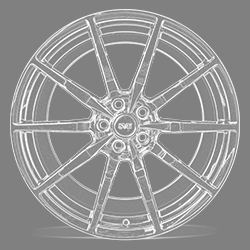RedfireV8
forum member
Note: You can skip to 3rd paragraph to get to the main question.
So I've been hoping to make my first thread back to the Mustang world be about the car I recently picked up and a nice little story and pics to go along with it but that's not the case with this new issue. I've actually have never encountered this before but am looking for help.
The car is an 07 GT with the FR500S big brake kit. Recently rebuilt the calipers with new seals and dust boots and some fresh paint. Reinstalled them and gave em a nice bleed. Just a quick bleed to get it on the road. Brakes felt great. This was about 2 weeks ago and have driven it a couple times with no issues what so ever. Now the brakes were fine and all but I wanted to go ahead and get all of the old brake fluid out so I went to bleed them again.
After bleeding them they were rock hard...but as soon as I turned the car on, the pedal goes straight to the floor. You can pump it some it get some of the pedal to come back but within a few seconds it goes right back to the floor. Turn the car back off and you have a rock solid pedal. I've never seen this before. A quick Google shows this on a few Integra and 3rd Gen sites stating it to be the brake booster. Could this be my problem? It's crazy how all of sudden this would happen with no prior issues. Just looking for a little guidance from you guys. Any help is appreciated.
So I've been hoping to make my first thread back to the Mustang world be about the car I recently picked up and a nice little story and pics to go along with it but that's not the case with this new issue. I've actually have never encountered this before but am looking for help.
The car is an 07 GT with the FR500S big brake kit. Recently rebuilt the calipers with new seals and dust boots and some fresh paint. Reinstalled them and gave em a nice bleed. Just a quick bleed to get it on the road. Brakes felt great. This was about 2 weeks ago and have driven it a couple times with no issues what so ever. Now the brakes were fine and all but I wanted to go ahead and get all of the old brake fluid out so I went to bleed them again.
After bleeding them they were rock hard...but as soon as I turned the car on, the pedal goes straight to the floor. You can pump it some it get some of the pedal to come back but within a few seconds it goes right back to the floor. Turn the car back off and you have a rock solid pedal. I've never seen this before. A quick Google shows this on a few Integra and 3rd Gen sites stating it to be the brake booster. Could this be my problem? It's crazy how all of sudden this would happen with no prior issues. Just looking for a little guidance from you guys. Any help is appreciated.


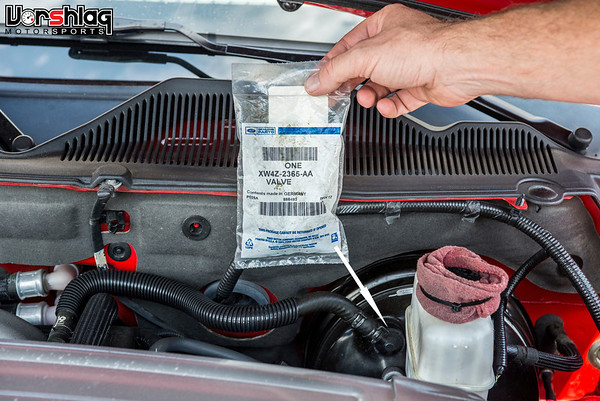
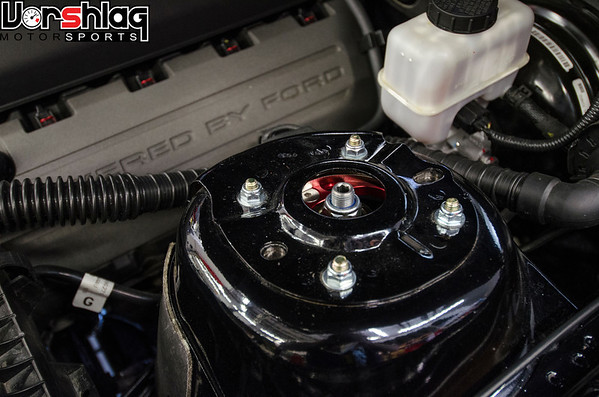
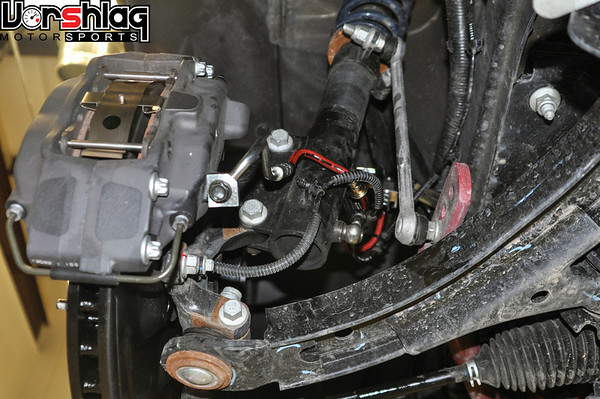
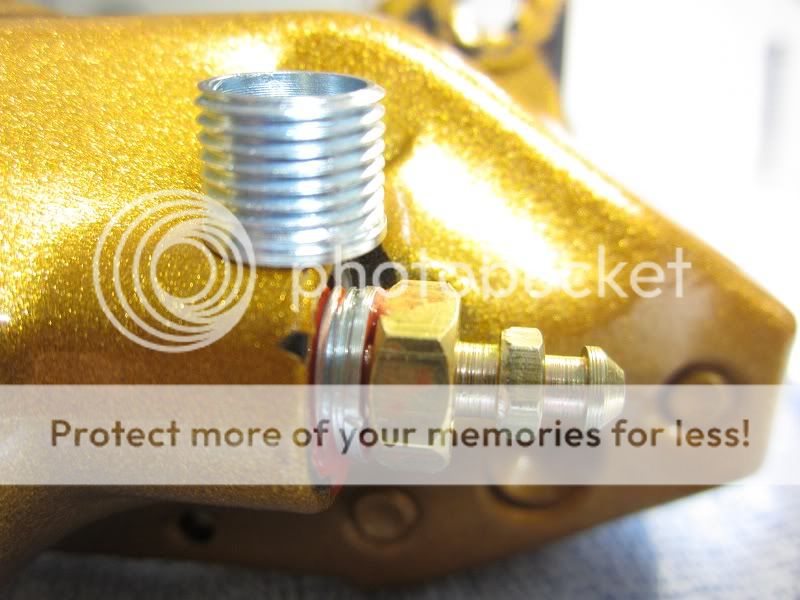
 Please keep it coming!
Please keep it coming! 
